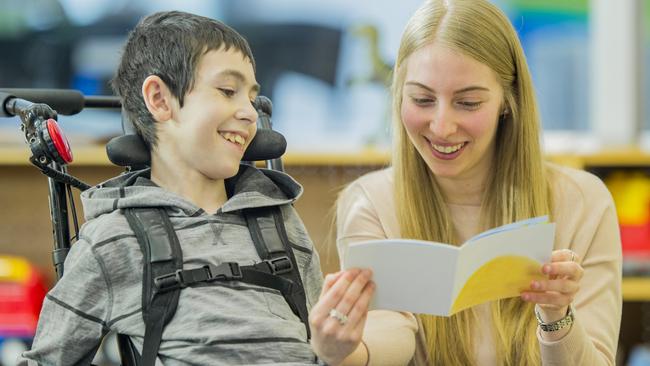
Just three months later, the states and territories appear to have a case of buyer’s regret.
They agreed with the Albanese government on a 50-50 split of the cost of these foundational supports, one huge example being classroom support for tens of thousands of children.
But they now argue new disability laws proposed by the federal government go “far beyond” the scope of what was agreed at December’s national cabinet.
As Chris Minns says, “the federal government is not able to say how much NSW taxpayers will be on the hook for”.
Bill Shorten says the states agreed to back new laws to ensure the NDIS goes back to doing what it was always intended to do – fund the nation’s most profoundly disabled people.
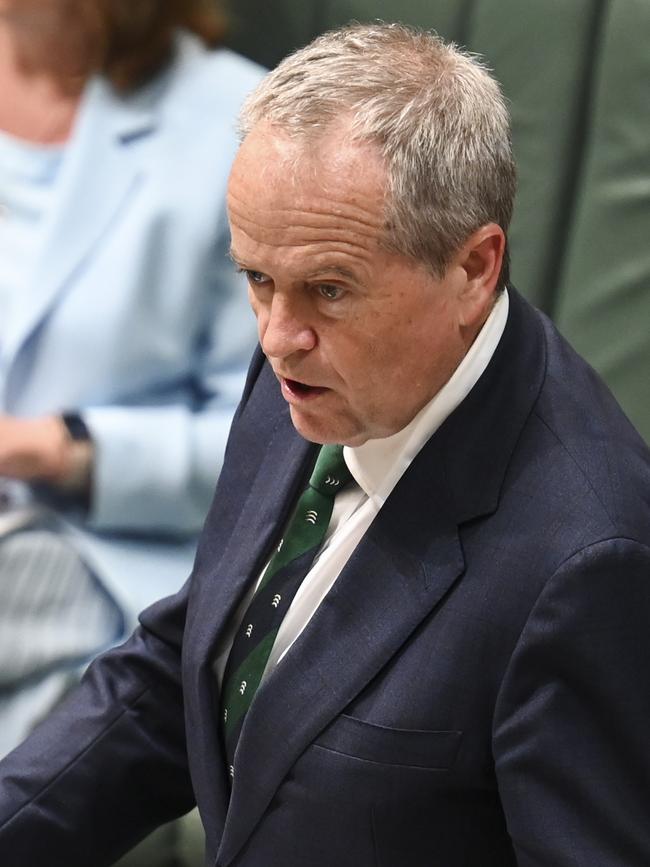
There’s a sense the states are cottoning on to what they’ve signed up to. Perhaps it is state treasurers crunching numbers in the forward estimates for their annual budgets, trying to factor in the full scope of these supports.
They appear to be looking for a get-out, or at least a renegotiation, and on paper at least have a case, with the December communique saying the final details would be settled later. Another interpretation is that they are again using the situation to try to sweeten their GST deal, as happened ahead of the December negotiation.
Adding to the complexity is national cabinet’s agreement a year ago to impose an 8 per cent cost growth target on the NDIS starting in 2026, just two years away. This is creating pressure to stop the numbers flowing into the scheme, currently north of 640,000 people and rising, driven in large part by children with milder levels of autism and developmental delay.
Nine per cent of children aged 5-7 are currently on the NDIS, and the uncomfortable truth is that many don’t need to be there, but it’s the only way their families can access any support at all given both levels of government walked back from mainstream services when the NDIS was introduced a decade ago.
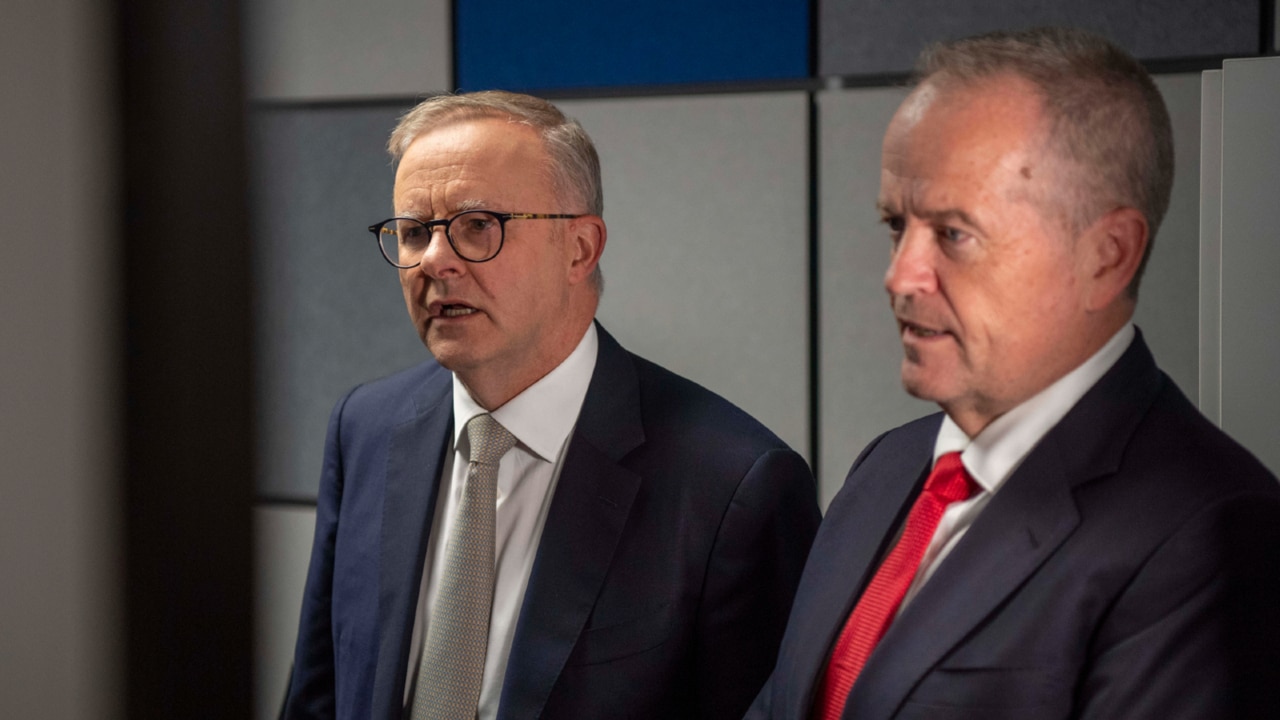
The states are no doubt starting to twig that a huge part of the problem will be schools. It’s both a budget and a political problem.
How will they find the expertise to look after kids with these special needs at such a scale in such a short time frame?
Teachers are already doing more with less. Adding this to their plate without adequate additional staff resourcing won’t work out for anyone. Not for teachers. Not for children with milder autism or developmental delay. And not for other kids in the class, who are trying to learn, grow and develop with teachers pouring time and energy into the kids who need that bit more care.
Shorten will continue to argue that’s what the negotiation, and additional funding, was for. The states will continue to say the parameters were unclear.
As the politicians bicker, those with most at stake look on, less interested in who’s right and more interested in how they or their child can find a path to their best possible life.





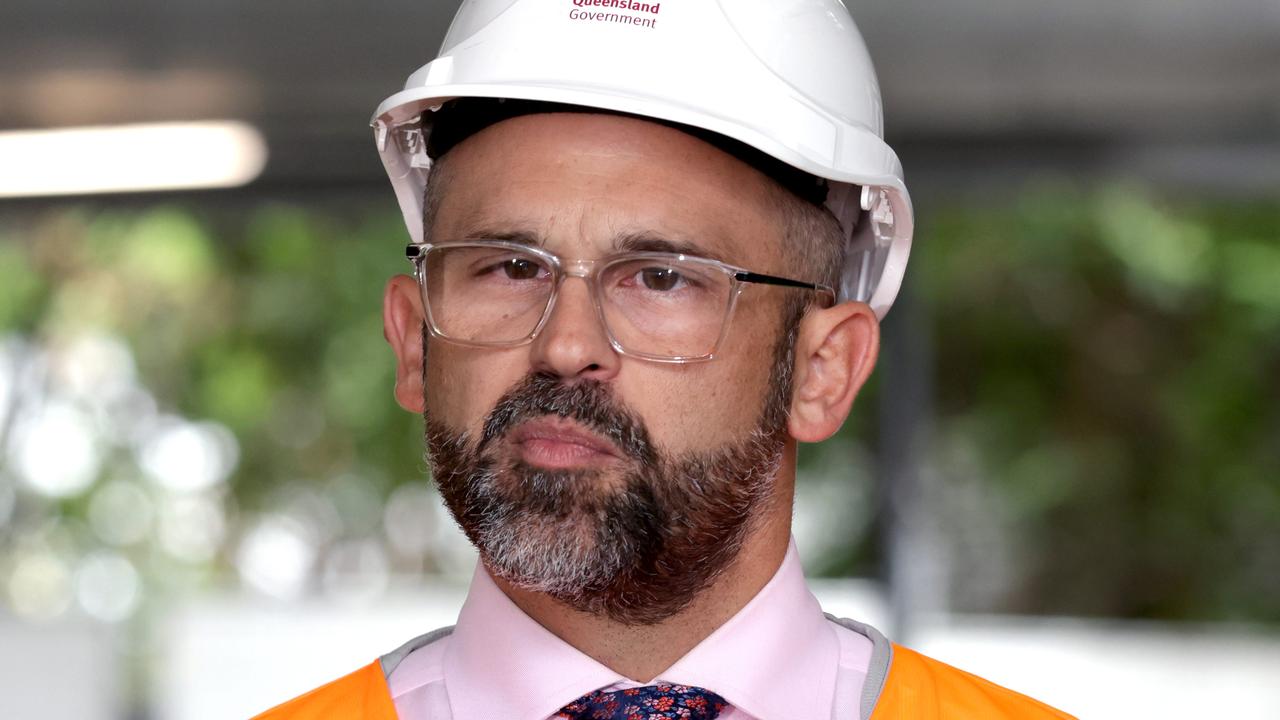
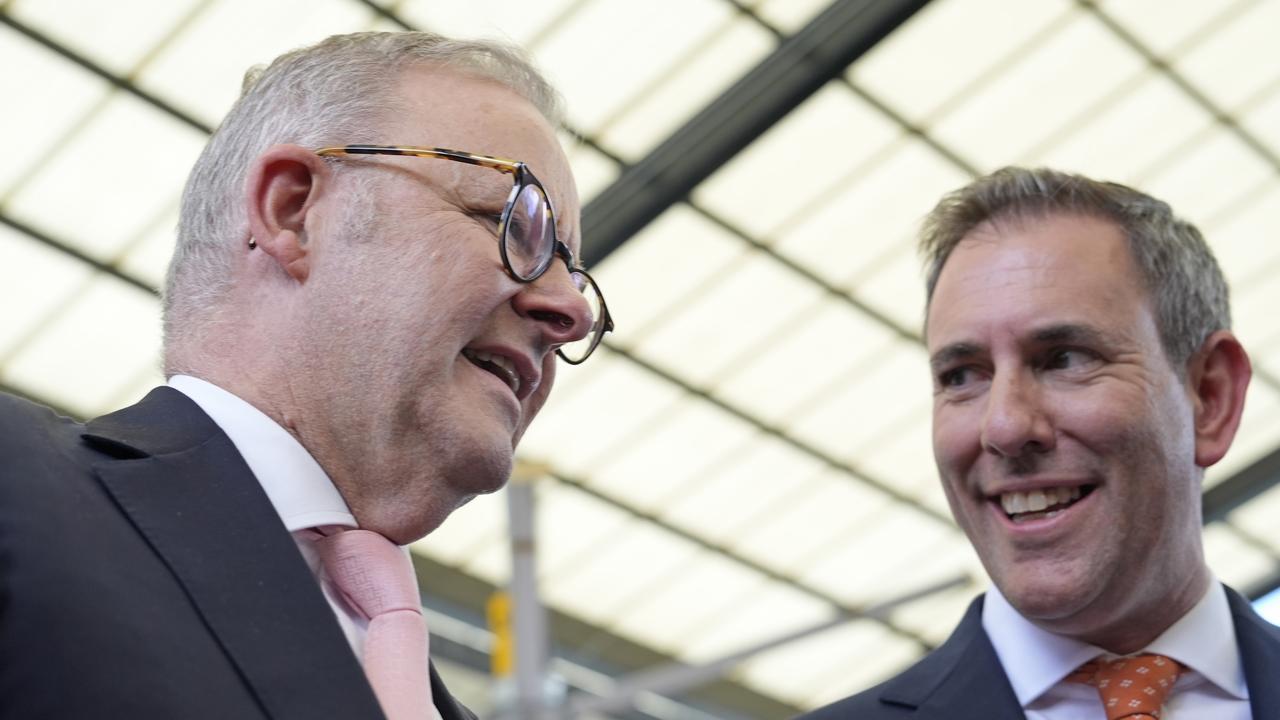
When national cabinet agreed in December to a deal to excise “foundational supports” from the NDIS, such as help for kids with milder forms of autism and developmental delay, it was part of a complex GST-based funding package in which the states received from the commonwealth something like $25bn over the next seven years to pay for more health and disability services.